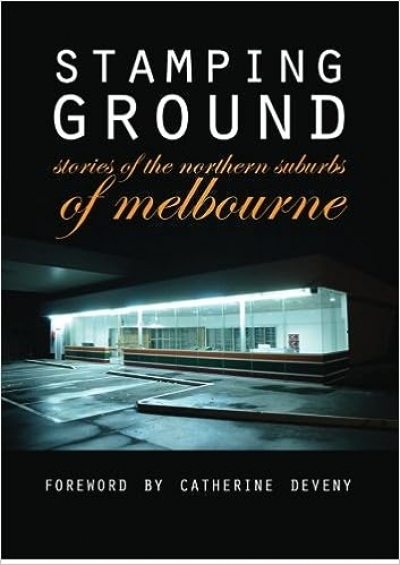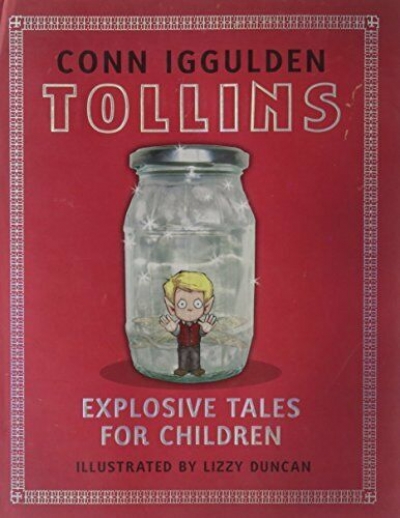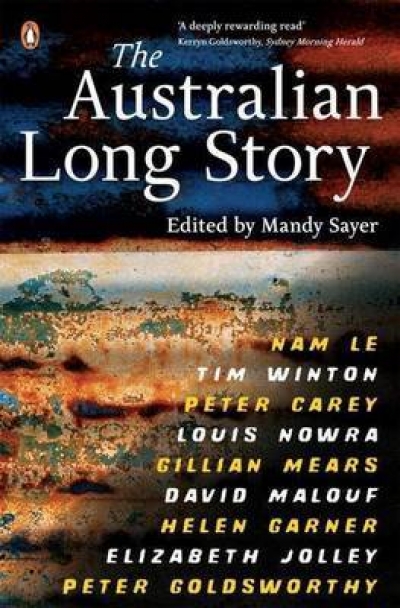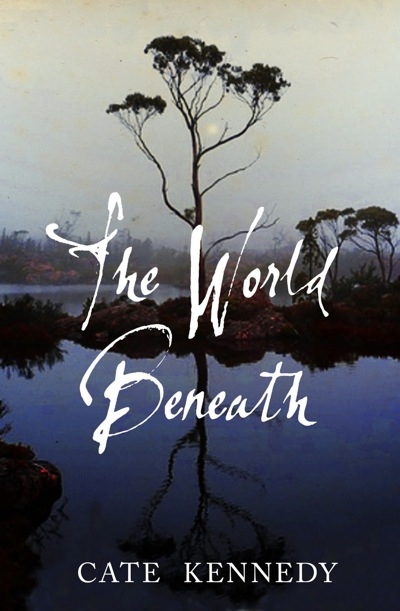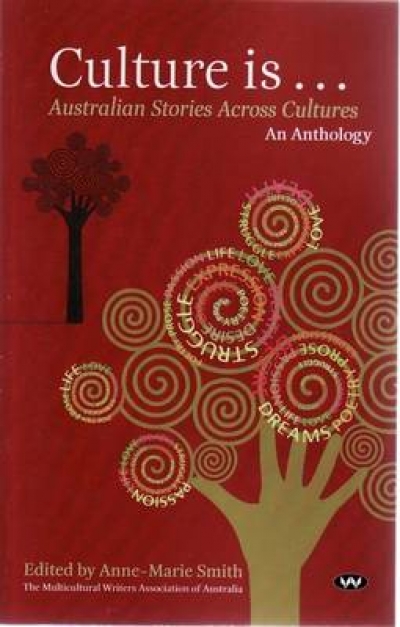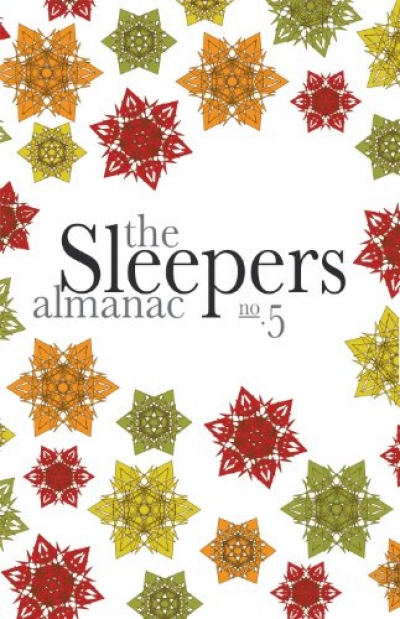Short Stories
Sign up to Book of the Week and receive a new review to your inbox every Monday. Always free to read.
Recent:
The Perfume River: Writing From Vietnam edited by Catherine Cole
by Thuy On •
Stamping Ground: Stories Of The Northern Suburbs Of Melbourne edited by Gordon Thompson
by Jay Daniel Thompson •
Look Who’s Morphing by Tom Cho & Why She Loves Him by Wendy James
by Adam Rivett •
Culture Is …: Australian stories across cultures edited by Anne-Marie Smith
by Michael Jacklin •
The Sleepers Almanac, No. 5 edited by Zoe Dattner and Louise Swinn & New Australian Stories by Aviva Tuffield
by Georgina Arnott •



